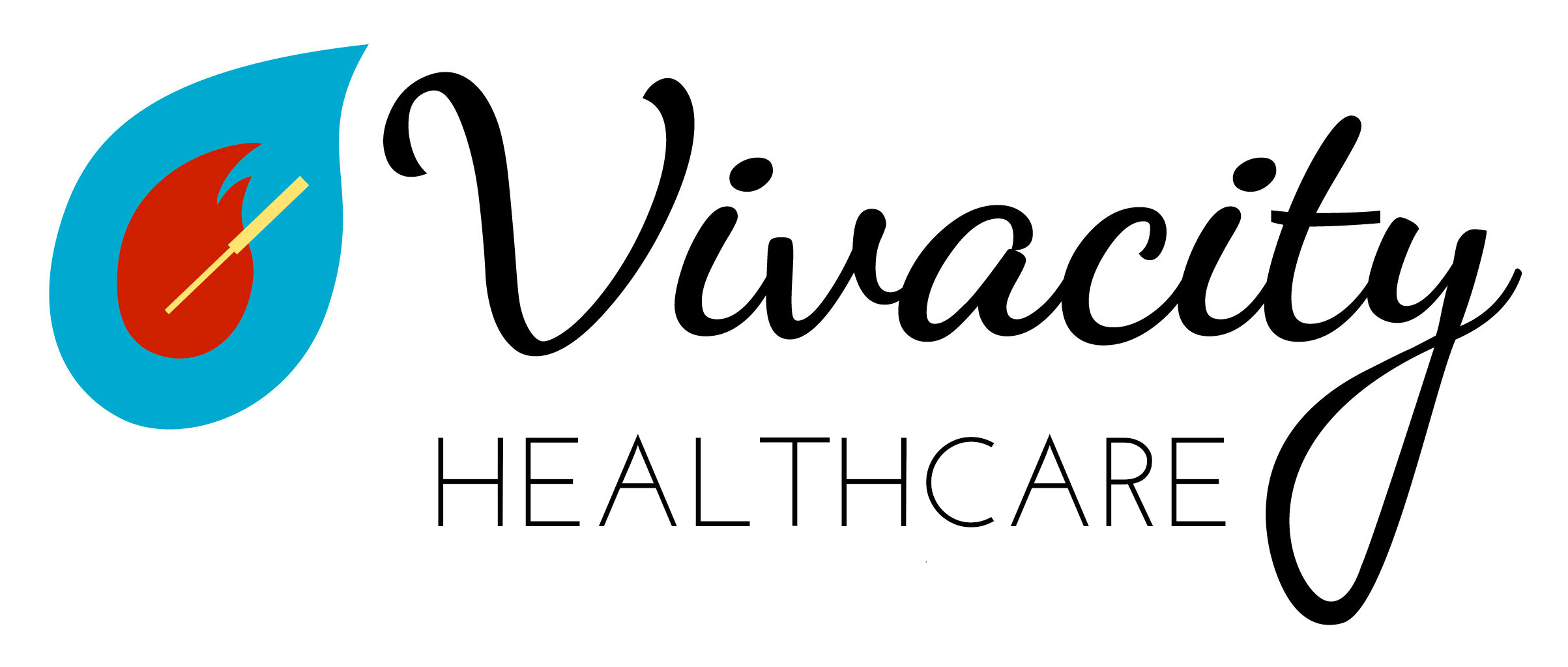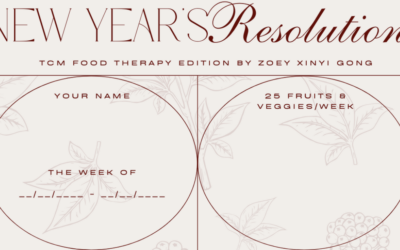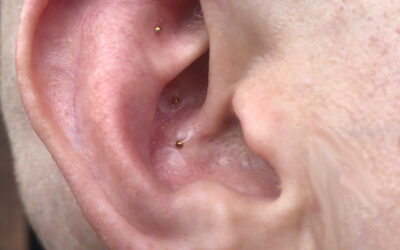An allergy is a hypersensitivity disorder of the immune system. Allergic reactions occur when a person’s immune system reacts to normally harmless substances with inflammation.
According to the biomedical hygiene hypothesis, that many immunologists support, individuals living in too sterile an environment are not exposed to enough pathogens to keep the immune system busy. Since our bodies evolved to deal with a certain level of such pathogens, when it is not exposed to this level, the immune system will attack harmless antigens and thus normally benign substances will trigger an immune response. Traditional East Asian medicine can alleviate or prevent allergies and asthma by controlling inflammation and dilating the respiratory tract, thinning mucus, and preventing food-allergy reactions that can trigger respiratory symptoms. Confusingly, upper respiratory infections, which often go undiagnosed, may lead to similar symptoms that will not improve with commonly prescribed allergy medications. [1]
Holistic approaches to treating allergies and upper respiratory infections often follow similar lines:
- A first line of defense that complements treatment from a qualified provider is nasal rinsing with a neti pot. The nasal rinsing process helps keep pollen and other irritants out of your sinus passages and the salt mixture helps to remove inflammation so you can breathe easier. This can also be helpful when the symptoms are caused by a latent respiratory tract infection. Many people balk at the idea of doing this rinsing, but the key is consistency in the short term. If you try it for a day or two and decide it doesn’t work, you may not be reaching the sinus areas that need to be rinsed. I ask my patients to rinse daily for 2-3 months to clear the slate. For seasonal allergy support, the best time to start this is a week or two before allergy onset.
- Secondly, dietary support can be useful to avoid certain food triggers while simultaneously balancing the immune system so that it does not react to benign substances. For instance, in general, people do better if they avoid sugar and milk in their diets. For conclusive results, your physician can order blood tests.
- A combination of herbal therapy and weekly acupuncture sessions showed promise as a treatment for respiratory symptoms [2].
 The optimal timing in my experience is to start allergy defense treatment at least a few weeks before seasonal onset to prevent any significant symptoms. A treatment used in addition to acupuncture is “cupping‘ which uses a vacuum effect to draw out phlegm from the lungs. A certified herbalist can prescribe a formula that you take only during allergy season or as needed. In my experience, treating allergies in this manner one year may prevent further aggravations in subsequent years.
The optimal timing in my experience is to start allergy defense treatment at least a few weeks before seasonal onset to prevent any significant symptoms. A treatment used in addition to acupuncture is “cupping‘ which uses a vacuum effect to draw out phlegm from the lungs. A certified herbalist can prescribe a formula that you take only during allergy season or as needed. In my experience, treating allergies in this manner one year may prevent further aggravations in subsequent years.
References:
[1] Wagner, Holly. 2001. “Most People with Allergy-like Symptoms don’t have Allergies, Study Says.” Ohio State University Research News.
[2] Brinkhaus, B. et. al. 2004. “Acupuncture and Chinese Herbal Medicine in the Treatment of Patients with Seasonal Allergic Rhinitis: a randomized-controlled clinical trial.” Allergy. Volume 59, Issue 9: 953–60.




